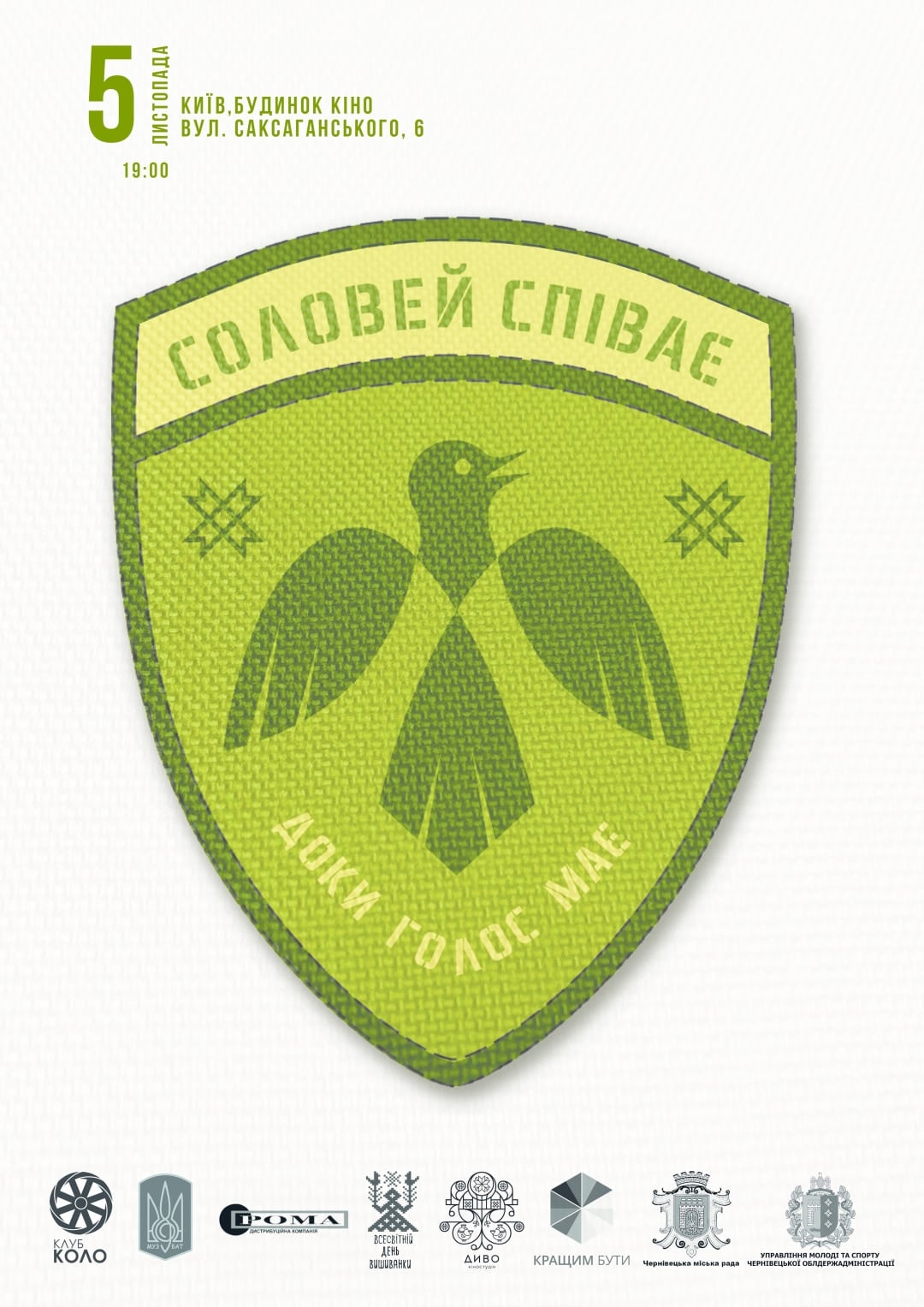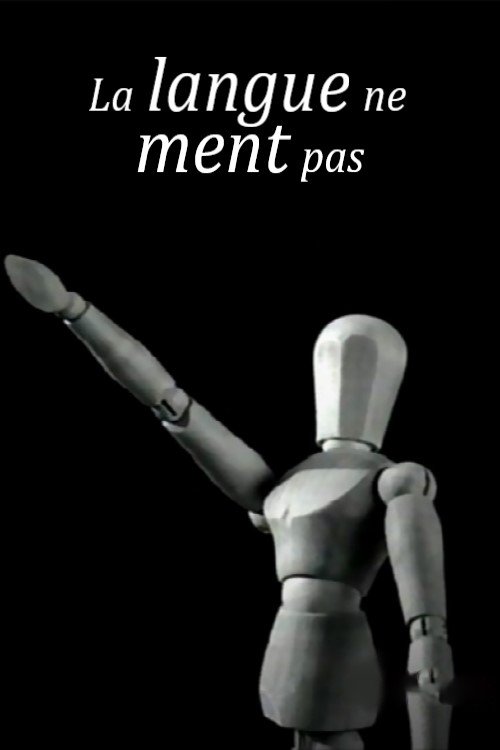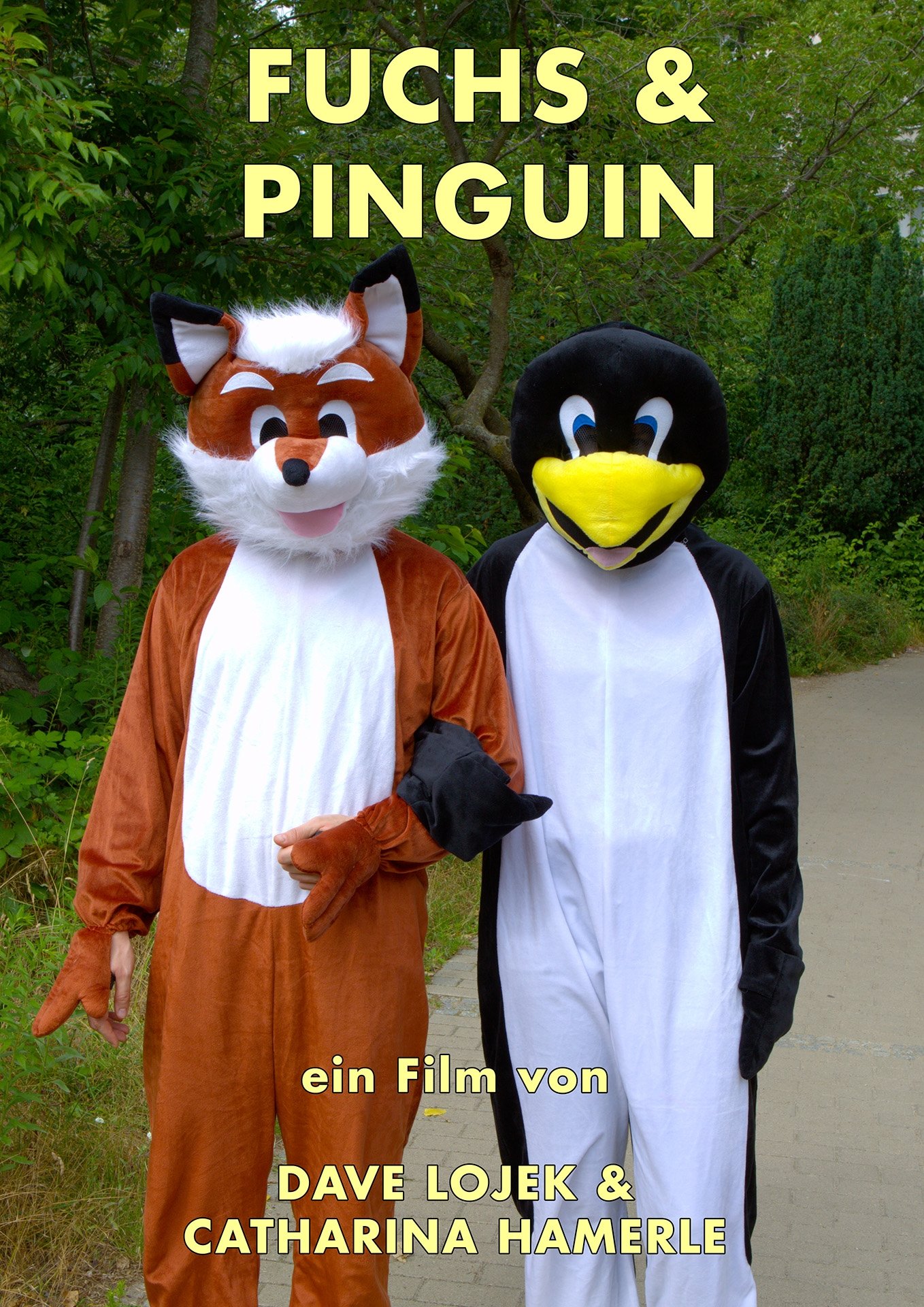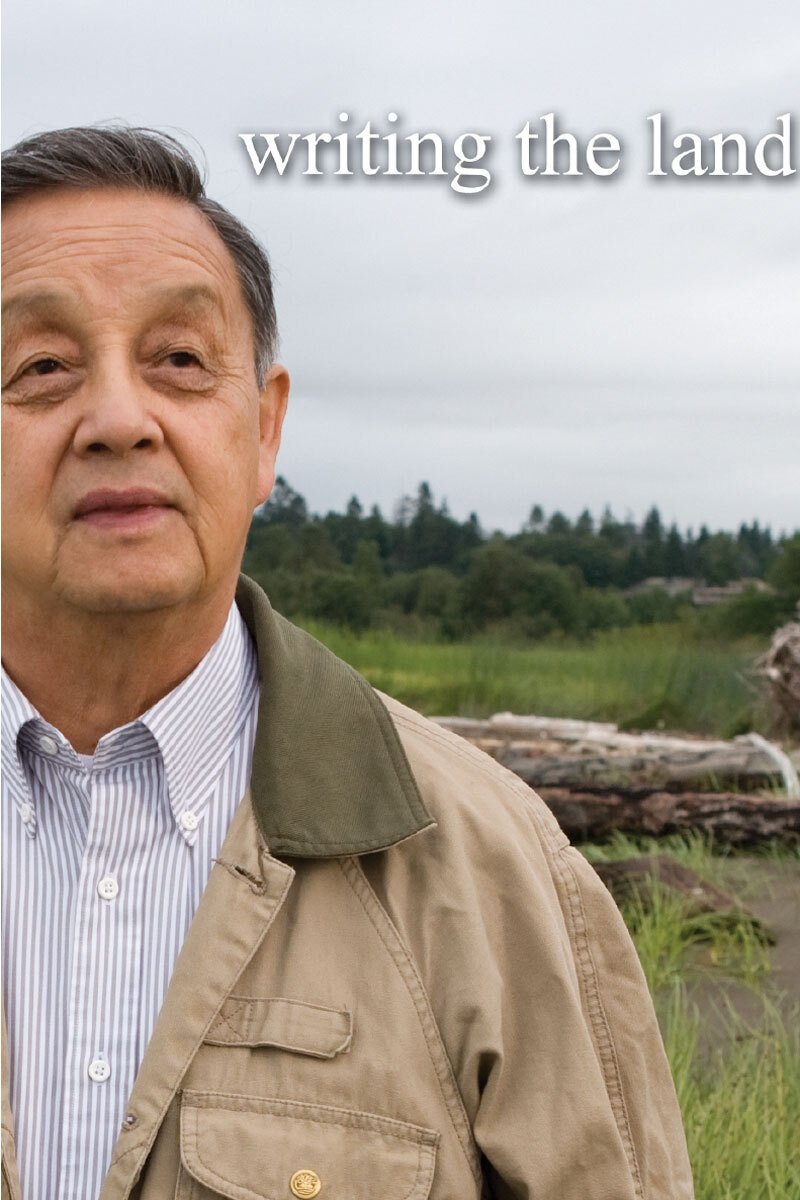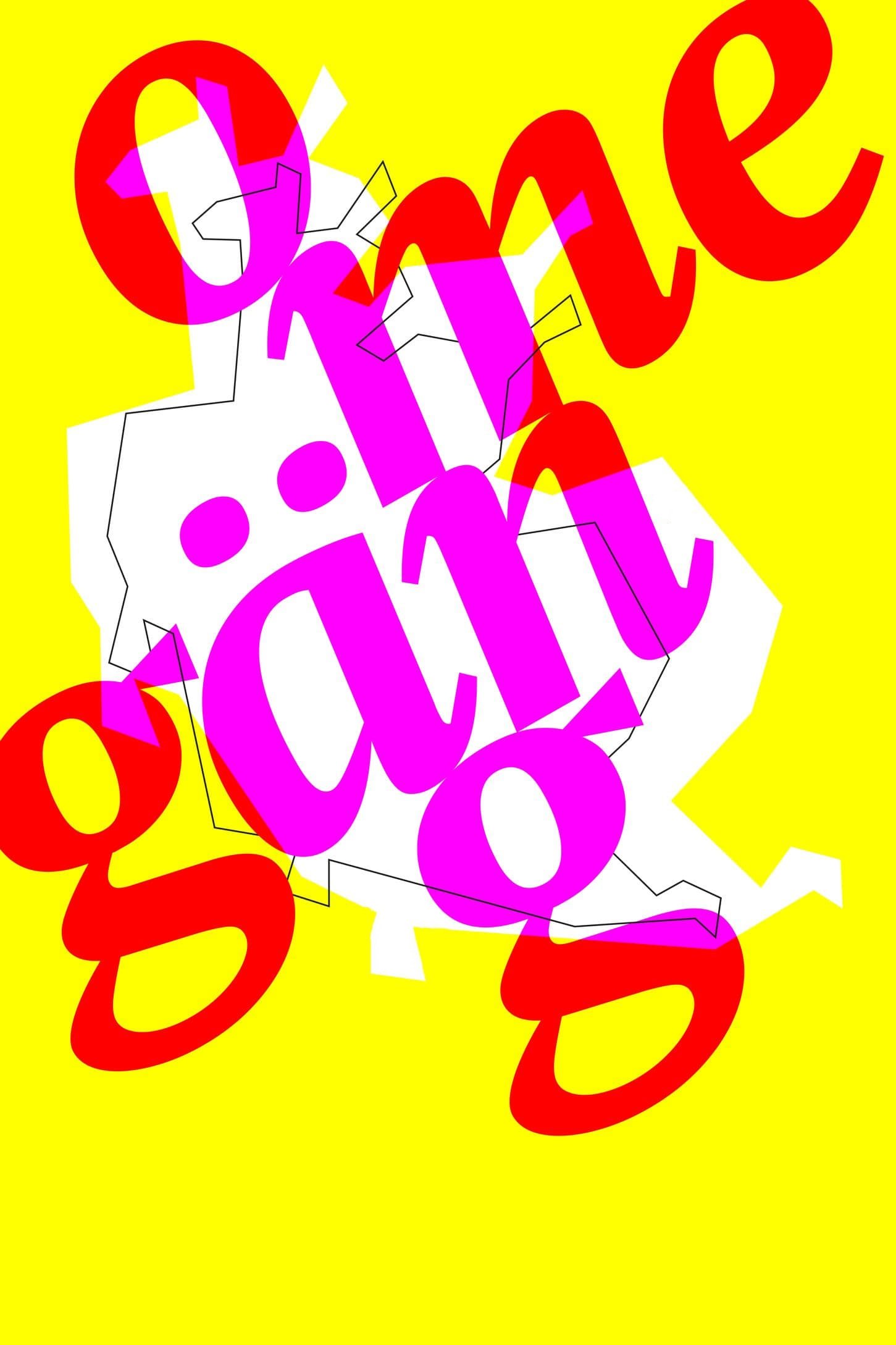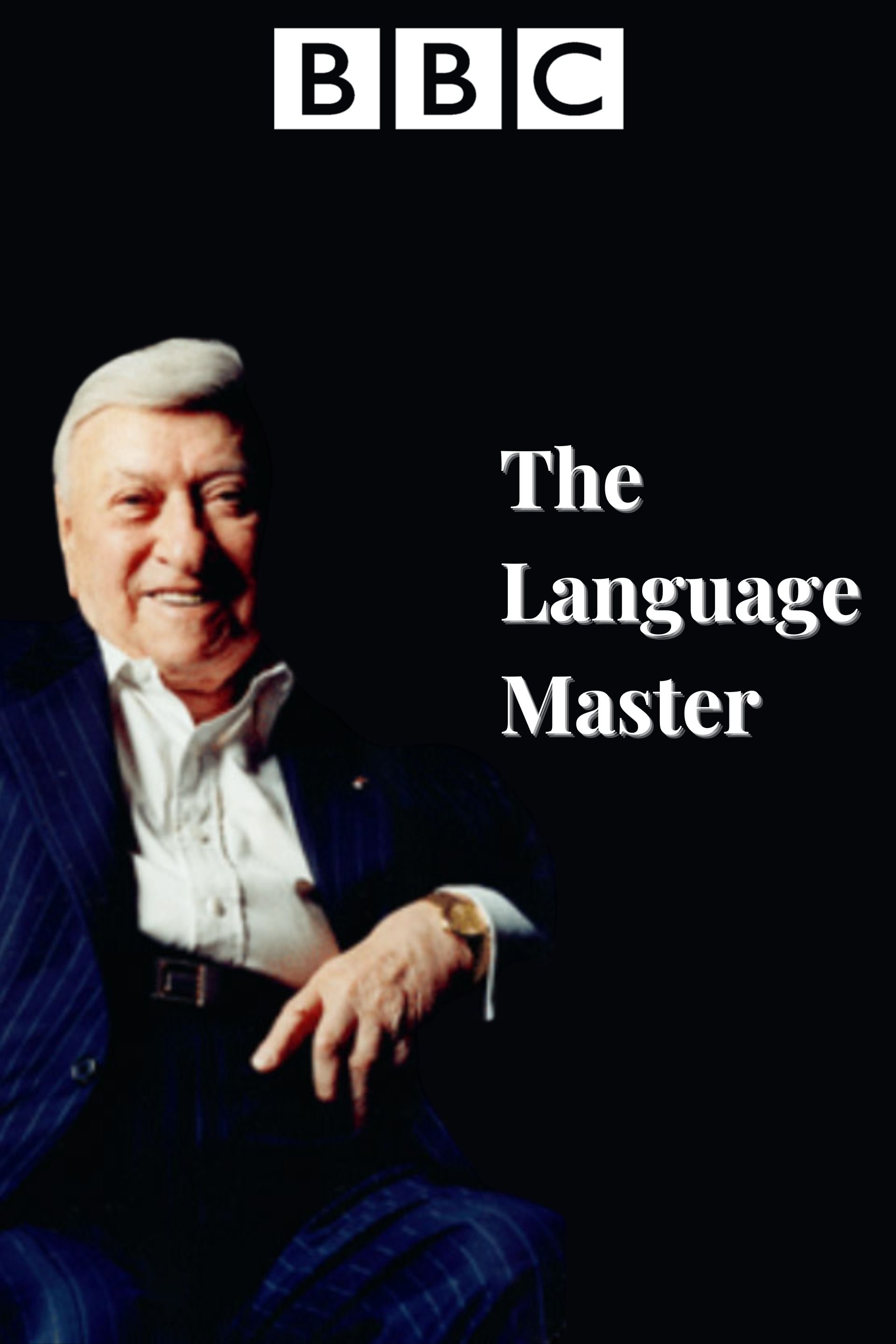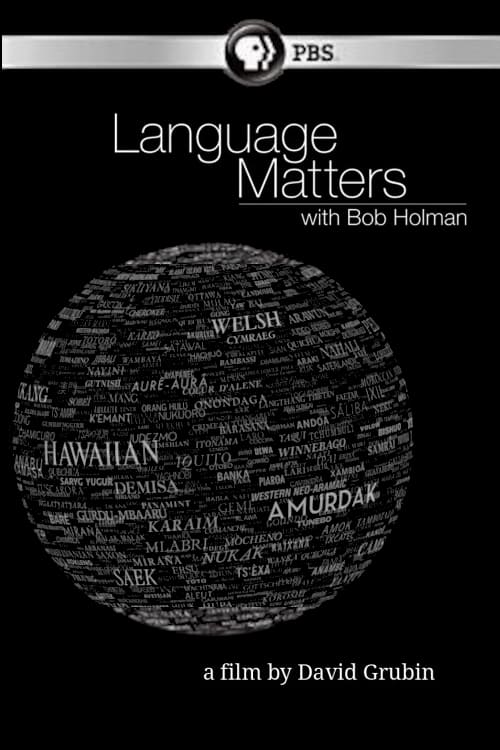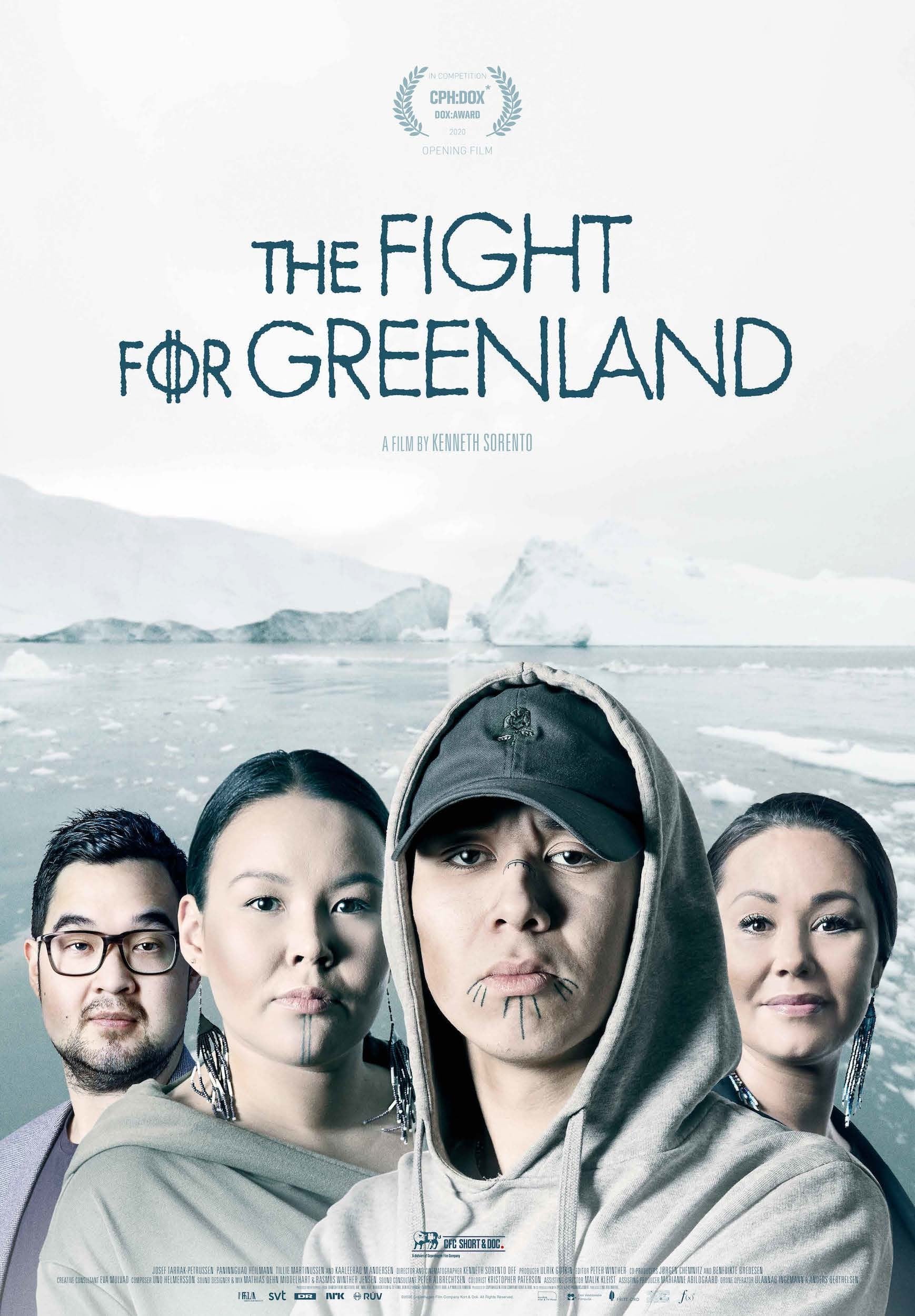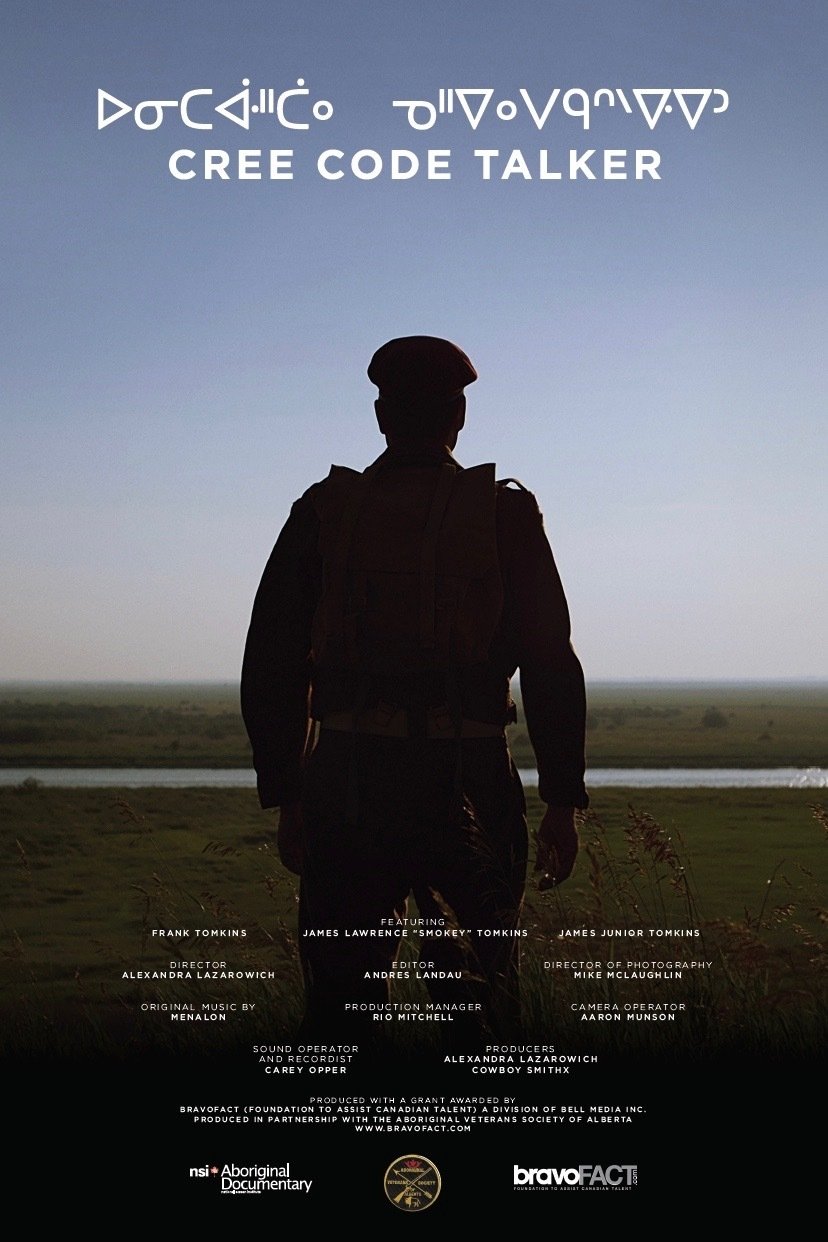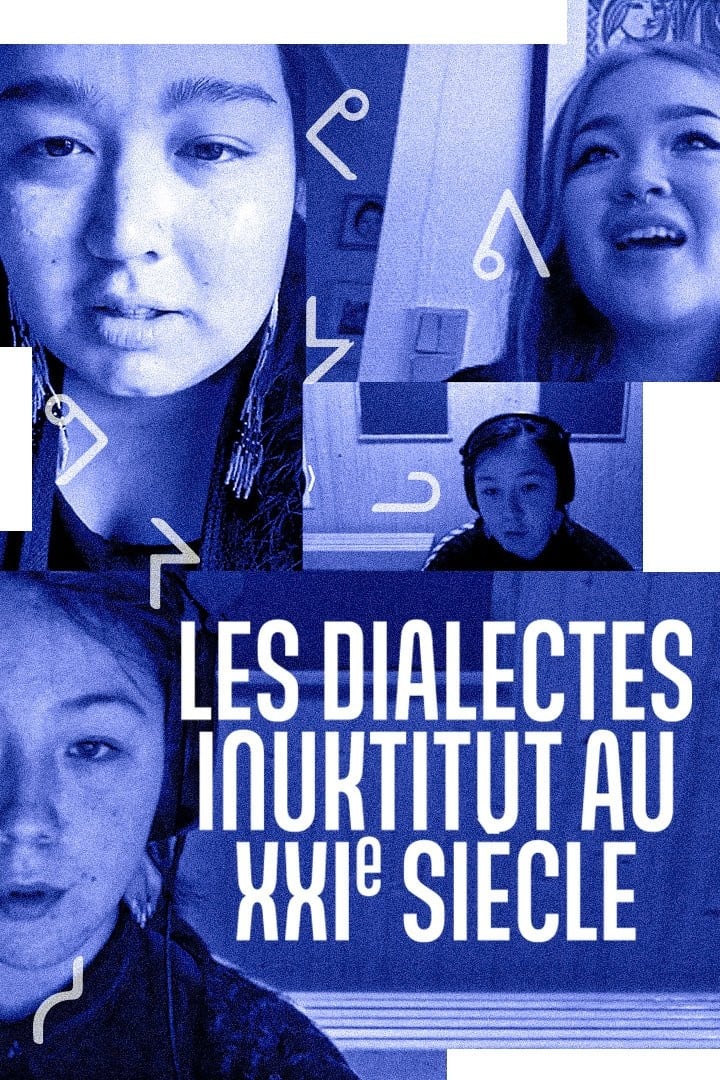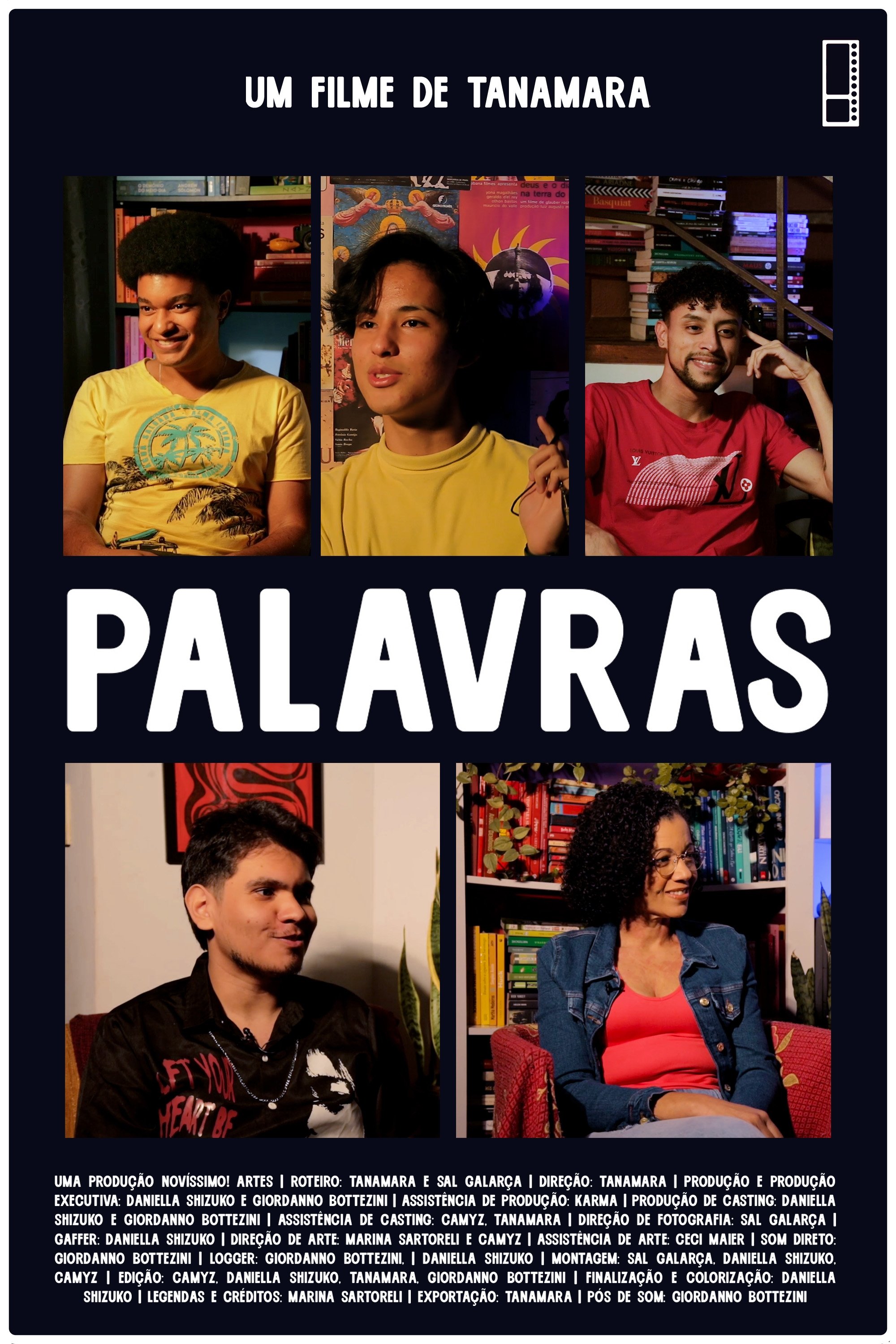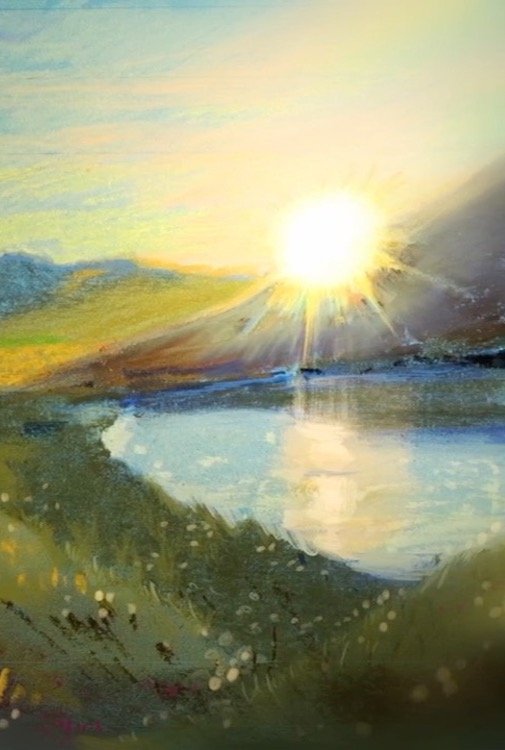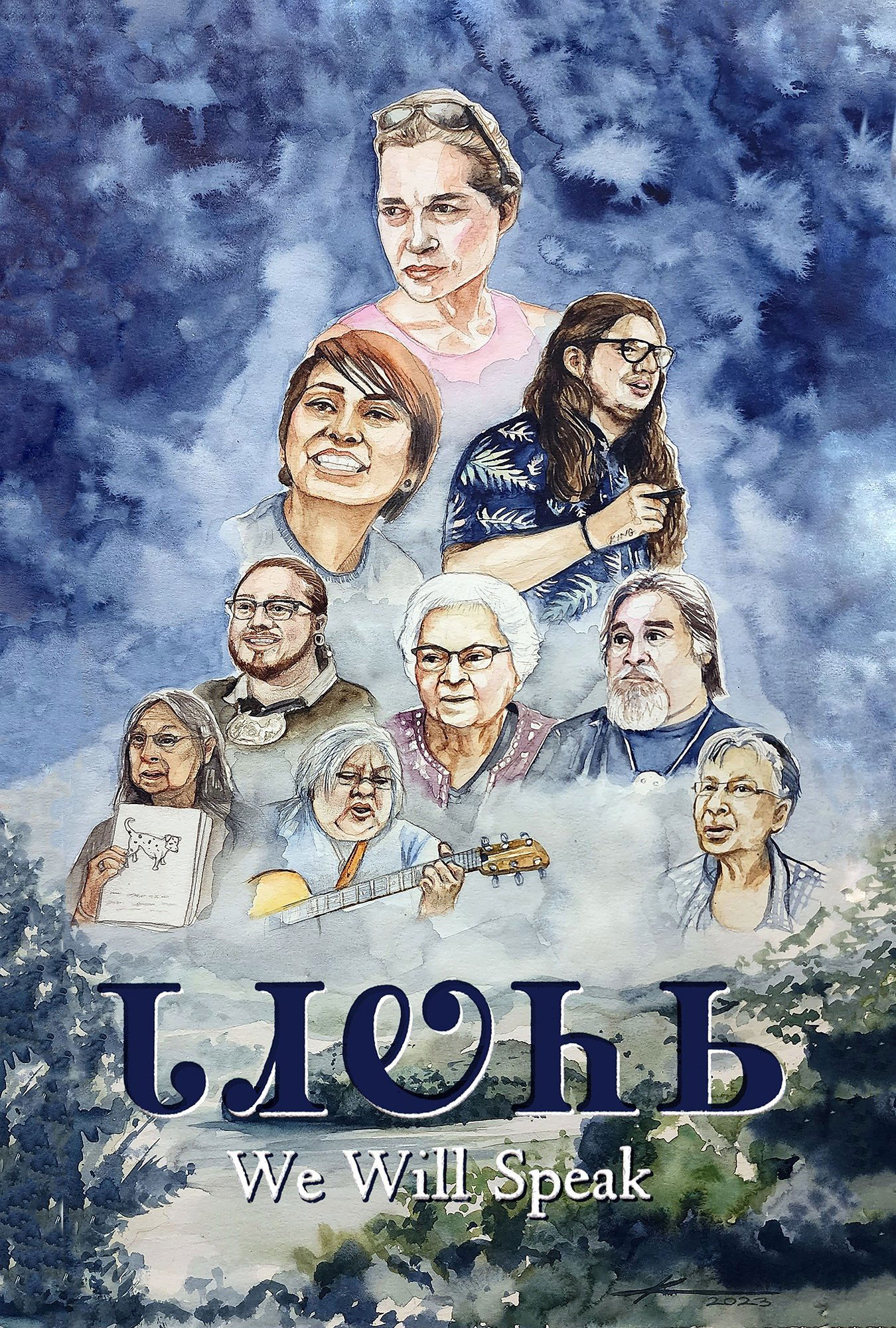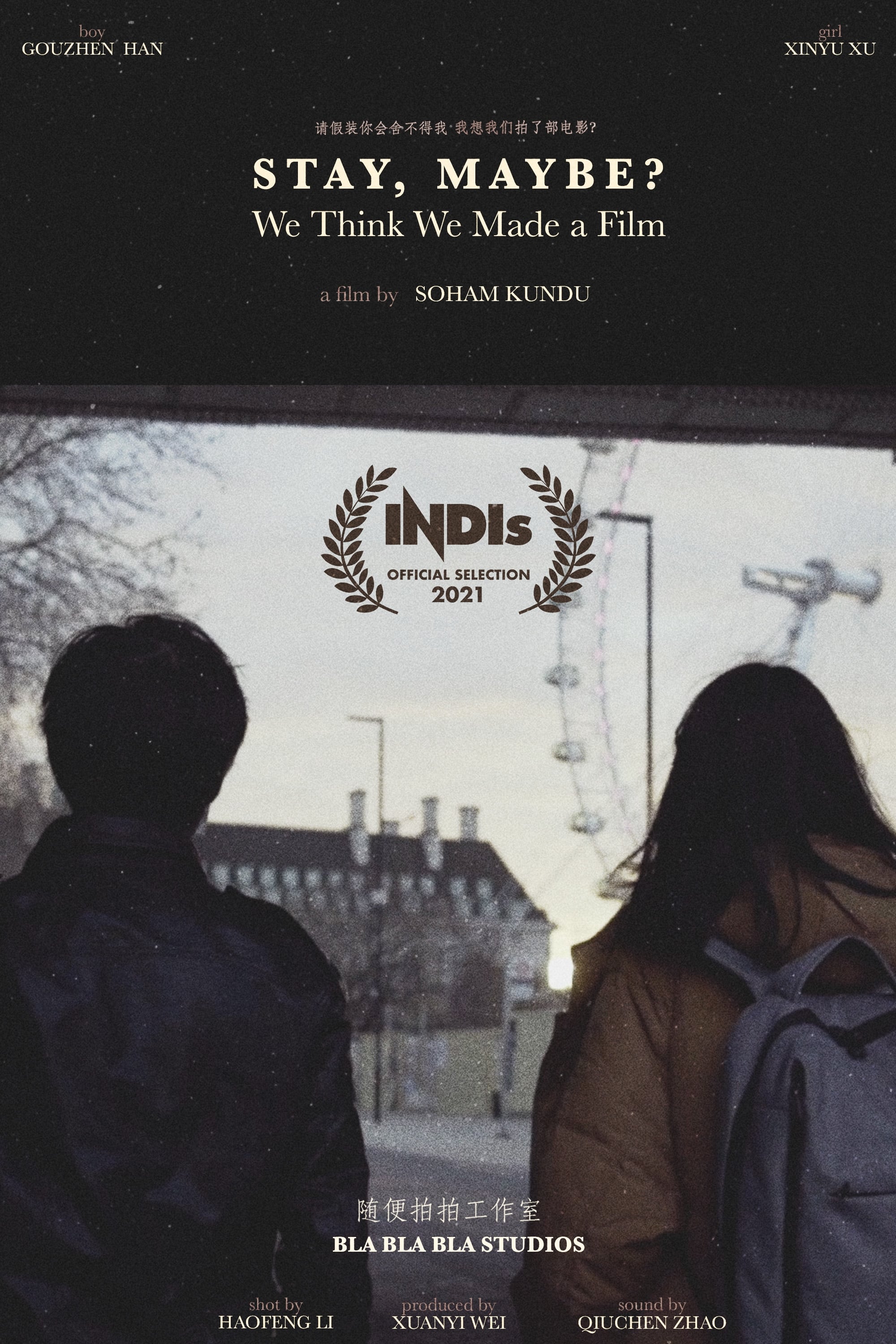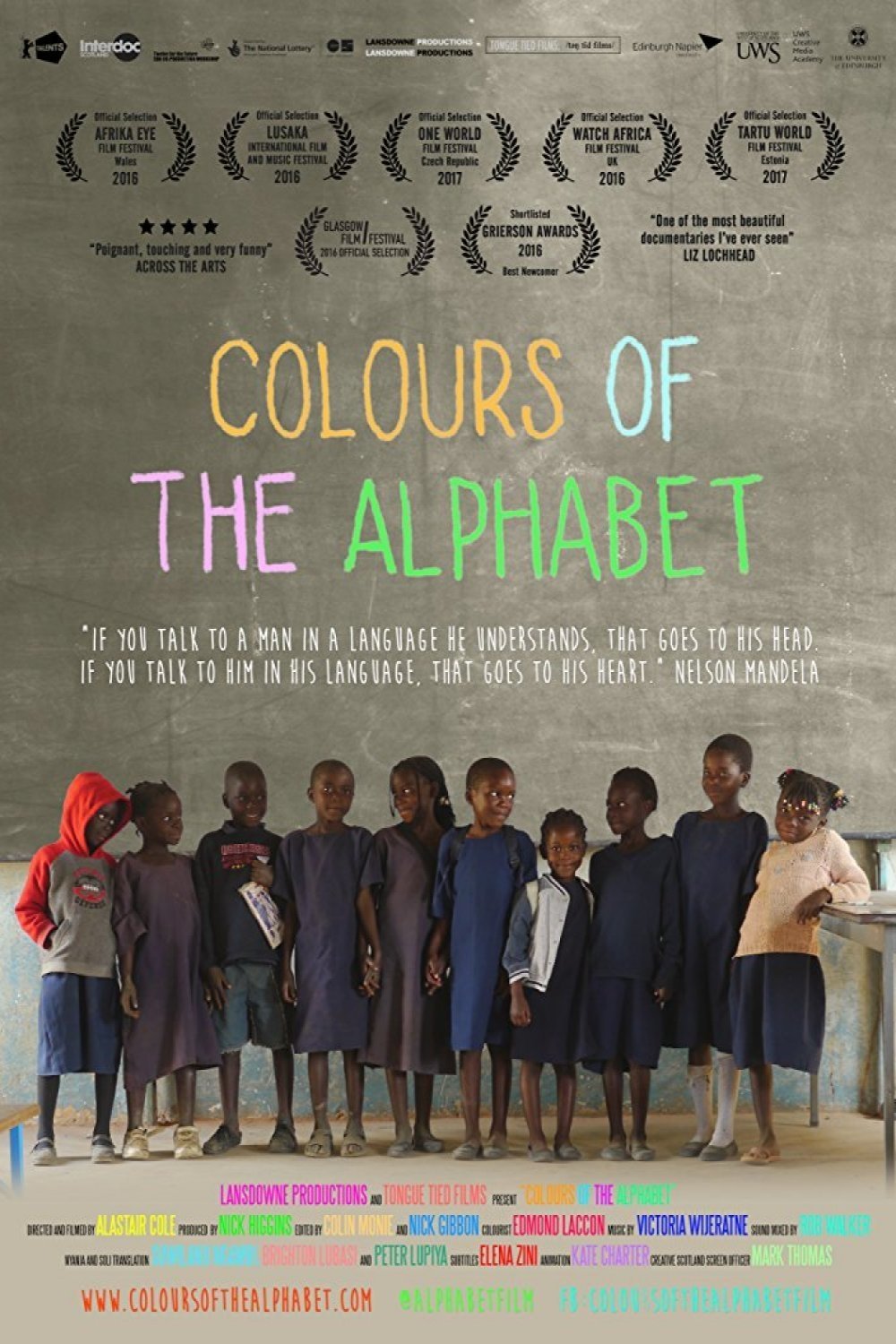
Colours of the Alphabet (2016)
Released:
2016-02-21
Duration:
1hr 20min
Genres:
Documentary
Rating 0.0
Does the future have to be in English?
Overview
It is estimated that 40% of the world’s population lack the opportunity to be educated in their own language. In Colours of the Alphabet we get an insight into the challenges this poses as we follow a group of first graders in Zambia – a country with 72 local languages where education is primarily offered in English.
Production Companies
Tongue Tied Films
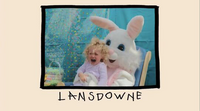
Lansdowne Productions
Additional Info
| Budget | $0.00 |
|---|---|
| Revenue | $0.00 |
| Original Language | en |
| Popularity | 0.2433 |
Directed By
Alastair Cole
Crew
Producer
Nick Higgins
Nick Higgins
Editor
Nick Gibbon
Nick Gibbon
Music
Victoria Wijeratne
Victoria Wijeratne
Editor
Colin Monie
Colin Monie
Director
Alastair Cole
Alastair Cole
Producer
Alastair Cole
Alastair Cole
